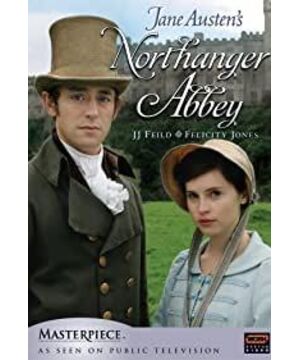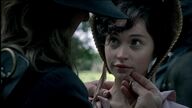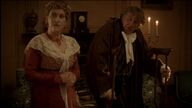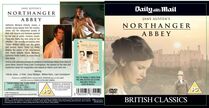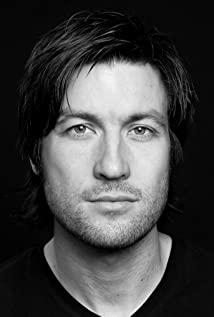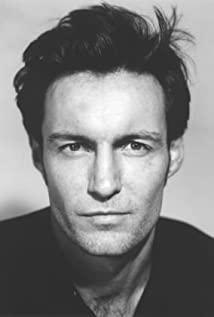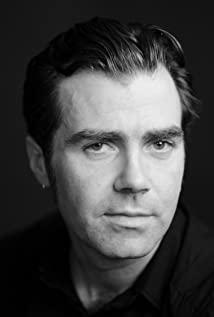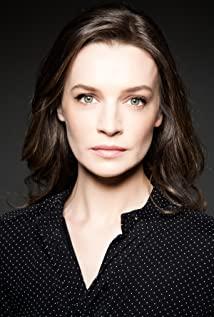A teenage girl has a flower-like face, splendid and splendid; a white-paper-like heart, pure and clear; in this most beautiful time, the importance of reading is self-evident. Read a good book, cultivate your body, set your mind, have a clear mind, and prepare for the adult life that will follow after the age of eighteen.
Those non-nutritious books on the market full of handsome schoolboys and bad boys will only breed unrealistic fantasies of girls, like flying bubbles, glowing with colorful shimmers, but after all, they are borrowed from foreign objects. I don’t have myself; Qiong Yao, which my mothers loved to read when they were young, the sea of flowers in the ancient castle, and the vows of the mountains and alliances, is also the same. It looks beautiful, and when I approached it, I found that it was just a mirror of water moon flowers; some people recommended Yi Shu, teacher Tai's works are like the fusion of ice and fire, mixed with the calmness of material supremacy and the enthusiasm of loveism. Girls are afraid that the more they read these books, the more confused they become. As for Li Bihua and Zhang Ailing, after reading the prosperous human affairs and seeing through the cold and warm human feelings, the writing seems too cool and thin, and it is not suitable for the lively and pure heart of a girl. In contrast, Jane Austen, who came from the Victorian era, is elegant, beautiful, and intelligent, like a cup of warm and mellow British black tea. You can imagine the good taste of the entrance just by smelling the smoky aroma.
Mr. Darcy in "Pride and Prejudice" has fascinated girls for centuries, but my favorite is the independent and courageous Elizabeth. Some people convert Mr. Darcy's property according to the current purchasing power, which is equivalent to an annual salary of 12 million pounds , can be described as a super rich person. Such a diamond-level bachelor, Elizabeth, who has no inheritance rights, still decisively refuses. But after she knew the truth and resolved the misunderstanding, she dared to look directly at her mistakes and self-reflected. In the face of Mrs. Catherine's aggressive reprimands, she insisted on her heart and did not give in, so as to win her true love again. How can such Elizabeth not be admired.
Jane Austen taught me to believe in true love while teaching me independence and reflection. I once thought that I had become numb in the chaos of the world, but on a leisurely sunny afternoon, I was suddenly struck by Northanger Abbey in the softest part of my heart. In Catherine, I saw the self who was not more important, ignorant and innocent, keen on fantasies, and full of curiosity about the outside world. After experiencing lies, disputes, and hurts, Katherine has grown from a young and ignorant girl to a woman who is right and wrong, brave and independent, but she still maintains the purity that is not polluted by the world when it comes to love. Closing the book and returning to reality from the distant Bath, I told myself that no matter when, I must maintain a pure heart and never be blinded by material things. Love can only be seen by believing.
Jane Austen's work has two eternal themes, love and independence. Only two truly independent people can have lasting true love. This kind of independence, more emphasis is on spiritual independence, which is also related to the social reality that British women generally did not have the right to work and inheritance, and mostly depended on marriage to obtain a source of life. In modern society, material independence plays an increasingly important role in love and marriage. Just like the forward-looking "Not-Marriage Declaration" in the BBC version of "Emma": "Since the love has not yet arrived, why rush to change the status quo.", "Don't worry, because I will become a rich old girl, only a poor old girl. It will become the laughing stock of others." The Victorian Emma, who was not bound by tradition, lived a free and unrestrained life, and was regarded as an early feminist. This wisdom and courage is worthy of every girl's careful experience.
Jane Austen never married, she didn't wait for her Mr. Darcy, so what? A woman who is independent, free and rich in the spiritual world can manage her own life well by herself. Life is not defined by the eyes of others, only by your own heart. Jane Austen chose not to settle down and insisted on herself. The works she left behind have accompanied the growth of countless girls for hundreds of years, helping them to bid farewell to their youth and become mature little by little.
View more about Northanger Abbey reviews


